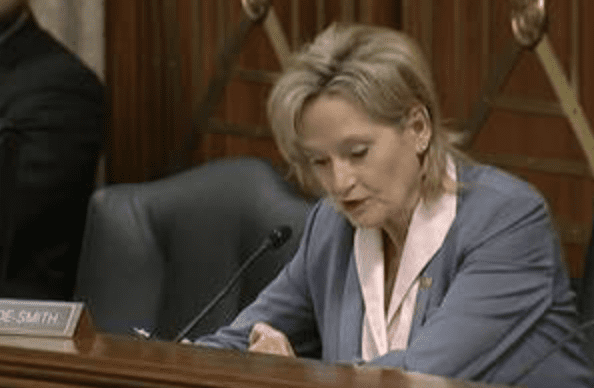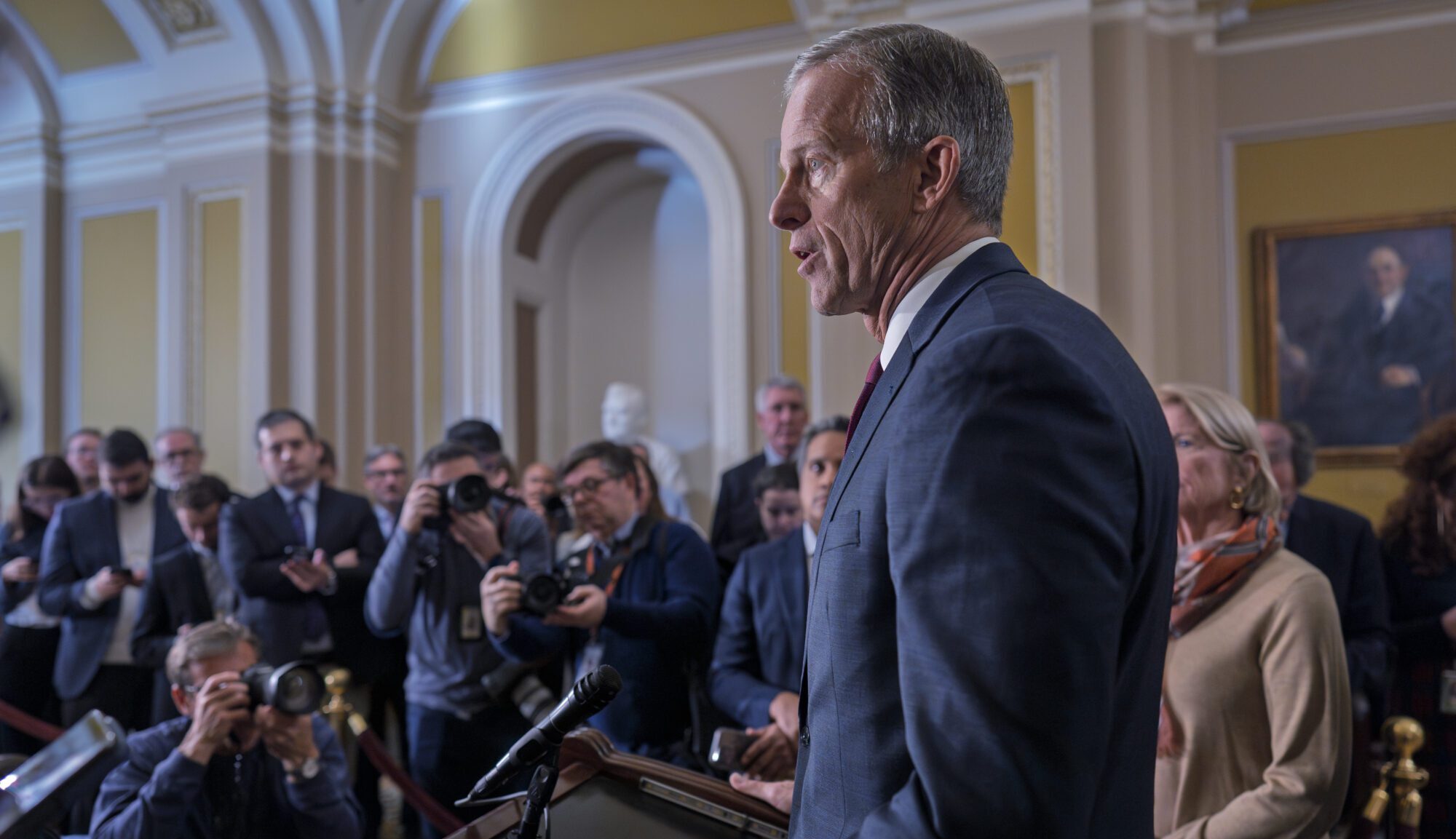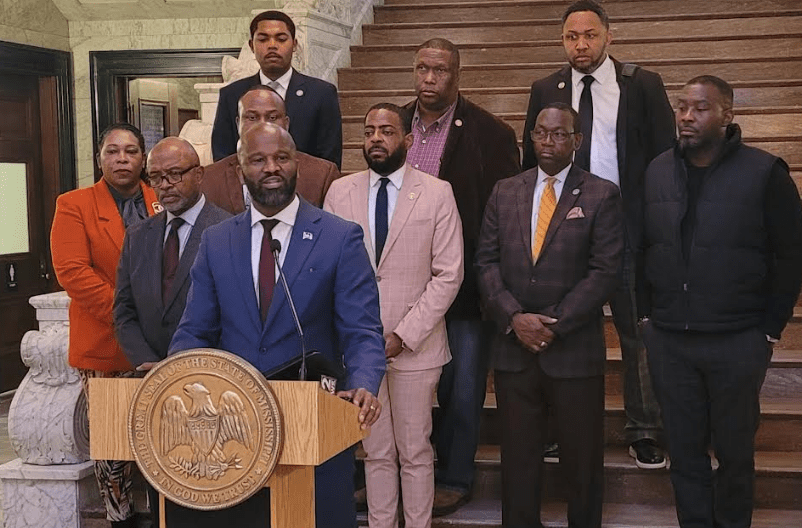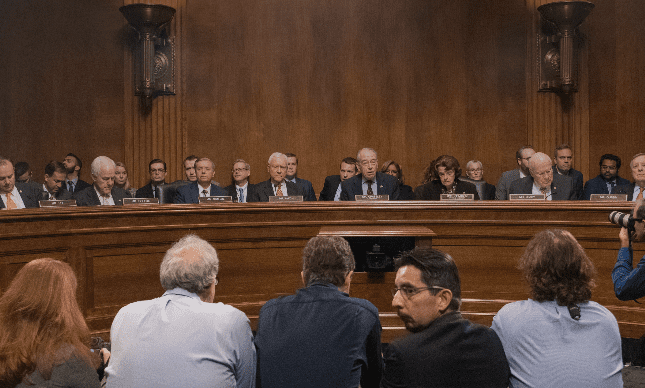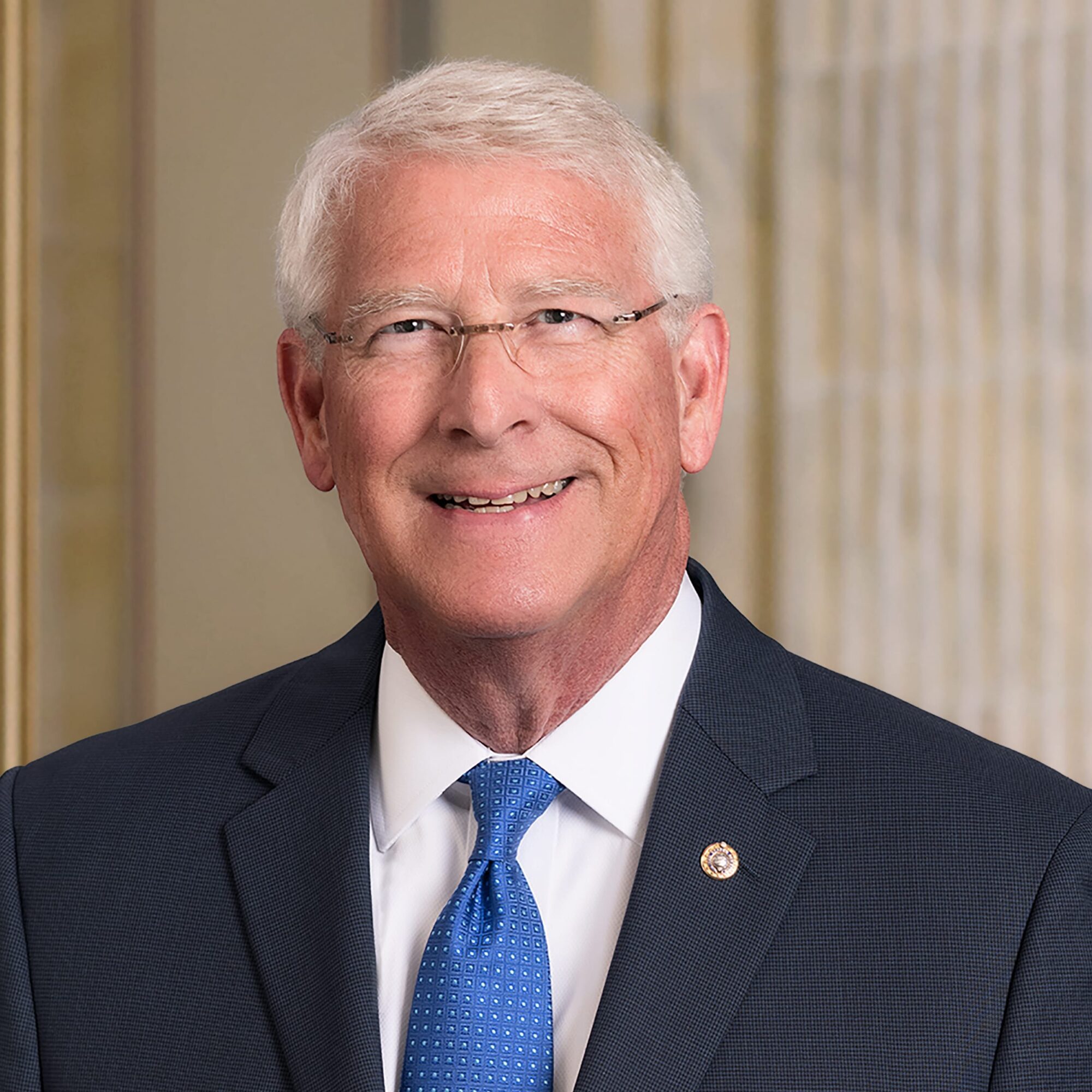
Legislation includes priorities for space exploration, STEM education, and geographic diversity in R&D
U.S. Sen. Roger Wicker, R-Miss., ranking member of the Senate Committee on Commerce, Science, and Transportation, today released the following statement after the Senate passed the U.S. Innovation and Competition Act (USICA), previously known as the Endless Frontier Act. The legislation would advance America’s global leadership in science and technology and support efforts to outcompete China in key technology areas.
“The U.S. Innovation and Competition Act would help position the United States a step ahead of China in science and technology,” said Wicker. “The legislation includes numerous bills and amendments that I sponsored to ensure all areas of the country receive a fair opportunity to participate in federally funded R&D and to protect American research and intellectual property from foreign theft.”
The USICA includes bipartisan legislation developed by seven committees and 22 amendments received votes on the Senate floor, including successful amendments to ban federal funding for so-called “gain of function” research in China and for the Wuhan Institute of Virology.
Wicker USICA Highlights:
Positions America to outcompete China
- The USICA would establish a new Technology Directorate at the National Science Foundation (NSF) to drive faster development in areas such as artificial intelligence, robotics, quantum, and communications and help position the U.S. to turn cutting-edge research into game-changing commercial products and services to outpace China.
Protects U.S. R&D and IP
- The USICA would provide strong new safeguards to protect U.S. research and intellectual property from theft by China and other foreign nations;
- Codify and funds NSF Research Security Office;
- Prohibit all federal science employees from participating in foreign government talent programs often used to steal research and development (R&D) and intellectual property;
- Ban federal science funds from going to researchers who are part of Chinese, Russian, North Korean, or Iranian talent programs;
- Set up a research security information sharing organization to exchange information on security risks; and
- Create cybersecurity resources for research organizations.
Promotes geographic diversity in R&D
- The USICA would promote scientific talent, expertise, and capabilities throughout the United States.
- Reserve 20% of total NSF funds for the Established Programs to Stimulate Competitive Research (EPSCoR) program;
- Increase attention on EPSCoR institutions and Historically Black Colleges and Universities (HBCUs) and Minority Serving Institution; and
- Establish Regional Technology Hubs to link regional economic development with key technology focus areas.
Wicker secured an amendment to remove the cap on the number of technology hubs and increase geographic diversity of the technology hubs.
Preserves core science R&D
- The USICA would reauthorize the NSF and provide a Sense of Congress to ensure science agency funding is appropriated on a bipartisan basis.
Reduces duplication
- The USICA would advance an interagency working group to advance coordination between federal agencies on R&D and to reduce duplication.
Improves industry participation
- The USICA would establish multi-disciplinary and industry-led institutes to drive innovation across industrial sectors based on the Trump Administration’s Industries of the Future Institutes plan.
Prioritizes research
- The USICA would direct a new NSF Technology Directorate to conduct research on “2D materials” in order to advance graphene research led by the University of Mississippi.
- The bill also would direct NSF research on unmanned maritime systems.
Invests in telecommunications workforce
- The USICA would invest in the expansion of America’s telecommunications workforce, which is critical to securing the nation’s global leadership in 5G and next-generation communications networks and technologies.
Promotes telecommunications supply chain
- The USICA would promote telecommunications supply chain innovation, diversity, and competition to improve network security in the U.S.
Advances space leadership
- The USICA would direct the Department of Commerce to develop a robust civil space situational awareness architecture and basic space traffic management capability to protect space commerce and ensure the future usability of space;
- Authorize the National Aeronautics and Space Administration’s (NASA) human spaceflight and exploration efforts to return American astronauts to the moon and prepare for future journeys to Mars;
- Support rocket propulsion testing, which includes requiring NASA to modernize testing infrastructure at Stennis Space Center; and
- Support maintenance of NASA facilities and vital waterways, such as the Pearl River and Little Lake channels, used to transport NASA equipment.
Supports domestic manufacturing
- The USICA would establish an Expansion Awards program for the Hollings Manufacturing Extension partnership to advance worker training, protect against cyber-attacks, expand technology services, and strengthen domestic manufacturing; and
- Prioritize increased geographic diversity in the Manufacturing USA network.
The following bills sponsored by Wicker were incorporated into USICA:
- 725, Advanced Technological Manufacturing Act (Sections 2205 and 2206)
- The bill would modernize the Scientific and Advanced-Technology Act of 1992 and direct the NSF director to establish a series of pilot programs to expand the number of institutions of higher education that can successfully compete for NSF grants.
- 996, Improving Minority Participation and Careers in Telecommunications (IMPACT) Act (Section 2509)
- The IMPACT Act would create a grant program through the National Telecommunications and Information Administration (NTIA) that would award $100 million in grants to HBCUs, Tribal Colleges and Universities (TCUs), and Minority-Serving Institutions to develop job training programs to educate and train students to participate in the telecommunications workforce.
- 1374, Rural STEM Education Act (Section 2210)
- The bill would improve science, technology, engineering, and mathematics (STEM) education and training access in rural communities.
- 1563, Telecommunications Supply Chain Diversity Promotion Act (Section 2520)
- The legislation would require the NTIA to establish a testbed to develop and demonstrate innovative supply chain technologies and applications, and establish a grant program to promote the participation of U.S. companies in international standards-setting bodies.
- 4827, Space Preservation And Conjunction Emergency Act (SPACE) Act (Subtitle A of Title VI of Division B)
- The SPACE Act would authorize the Department of Commerce to provide space situational awareness services to civil, commercial, and international space operators.
Click here to read the bill.
###
Release from U.S. Senate Commerce Committee.



